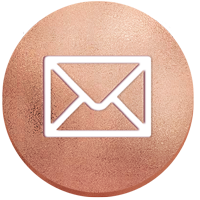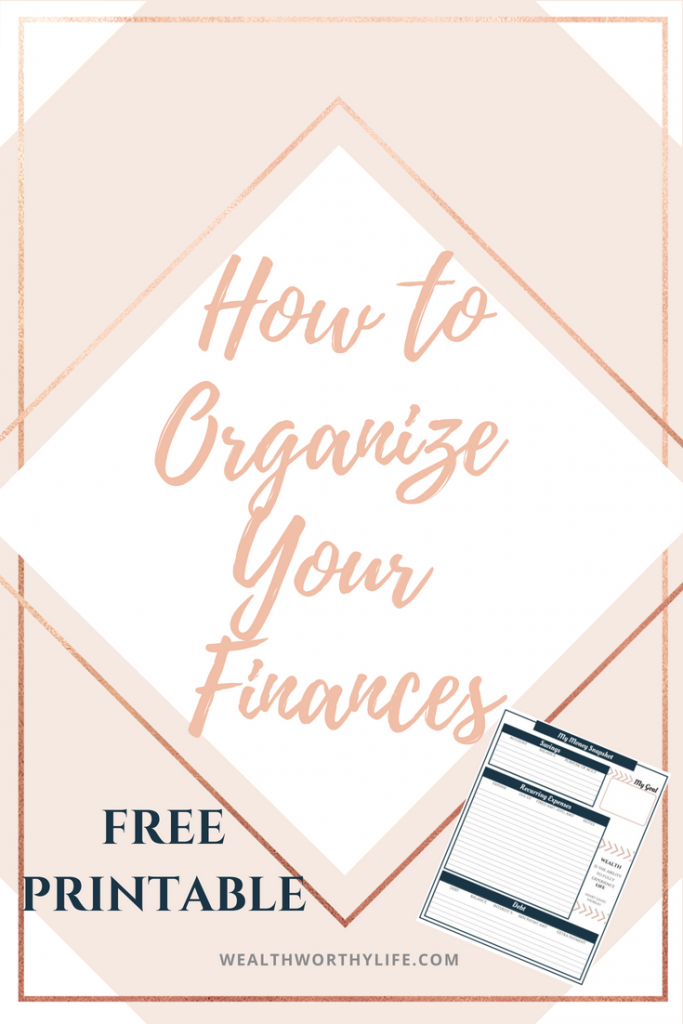Remember the stock market crash of 2008? I know, maybe you don't want to because you were on of the many who were affected by it. The recession made it difficult to those who were recent grads and looking for jobs. Unemployment went up and not many companies were hiring.
Fortunately for me I had already landed a job a couple of months back but I was still a little nervous about my future and unsure how the company would manage thru the recession. At the time I was living with my parents and paying them rent. Since I got a good deal on rent I was able to save most of my money towards an emergency fund and retirement. I definitely did not want to be a burden on my parents so I supercharged my savings.I remember that my important goal at the time was building my emergency fund because I wanted to be prepared in case I had to look for another job.
Having an emergency fund is definitely something everyone should have. Life throws us so many surprises so it isn’t a matter of what will happen but when. Maybe a minor accident sends us to an urgent clinic or our vehicle has an unexpected repair that needs to get taken care of right away. We can’t know what will happen and how much it’ll end up costing us but at least we can be prepared so the bad situation isn’t as stressful.
WHAT IS AN IDEAL AMOUNT?
A big question most people have is what is the ideal amount to have in an emergency fund. It's typically recommended to save at least about six months of living expenses. You can surely save more if it'll provide a greater peace of mind. Hopefully you’ve created a budget and are aware of your typical monthly expenses. If not, you can check out my Budgeting for Beginners post. You need to keep in mind that not all typical expenses will apply when you're using your emergency fund. For example, if you lose your job then the categories that would effected would be gas as you won't have a daily commute and eating out as you'll be at home and be able to cook your meals. Additionally, you may have to cut back on other expenses that are not necessities temporarily so that your emergency money can last longer.
Another thing to look at is check out your deductibles for car and health insurance and ask yourself if you'd be able to have enough to cover that amount should anything happen.
HOW TO BUILD AN EMERGENCY FUND
You'll have to treat it as the main priority like you're life depends on it. Remember, an emergency can happen at any time so the sooner you can build this fund the better. Here are some options to consider when growing your fund:
DEBT VS. EMERGENCY FUND
Now if you also have debt that you need to pay off then just start off with saving a month’s worth of expenses or $1000 (whichever is more). You definitely don't want to get into more debt so building your emergency fund in my opinion is just as important as paying down your debt. There's even cases where people take out money from their retirement savings like a 401k which could have been avoided if an emergency fund was available. Taking money out of your 401k not only involves an early withdrawal penalty fee but you'll also have to account for the income tax on the distribution. Saving towards your emergency fund is very important so any little bit you can save counts. Don't let excuses like " I don't have enough left over after paying bills" keep you from saving. You can always sell your things in a garage sale, cut back on unnecessary expenses, or side hustle for a little extra income.
WHERE SHOULD I PUT MY EMERGENCY FUND?
An emergency fund should be kept in an account where you can take out only when needed. If possible, try to find one that earns good interest. Currently there are some good savings accounts with good interest or you can also take a look at money market accounts (not to be confused with money market funds). The money is just going to be sitting there until an emergency comes up so might as well make sure it's earning interest. Be sure to compare the different options out there and figure out any minimum deposit amount required, fees, accessibility, rates, etc. My favorite place to go compare is bankrate.com. Make sure to check them out as they also offer other helpful tools.
If you think you’ll be tempted to take out the money for non-emergency situations then try to hide the pin number from yourself and have a trusted person keep it safe for you.
EMERGENCY SCENARIOS
All of these are very stressful scenarios to go thru. You don't want any added stress so if you have something saved up in your emergency fund then at least you don't have to worry about the financial part. One other scenario I didn't mention is if you're just ready to call it quits at your current job. Maybe you feel you're overworked, you can't deal with your boss or co-workers any longer, or the work you do no longer motivates you. The beauty of the emergency fund is that it will give you peace of mind so changing jobs can be an option for you.
CONCLUSION
I hope that you consider building your emergency fund if you don't have one. Like I mentioned before, any little bit counts. What's important is that you start. Don't get bogged down with how much you need to save or not knowing exactly how much you'll need. Don't let that stop you from saving. What matters is that you're putting something aside for yourself. You can calculate the exact numbers later. It's important that while the economy is strong and you have security at your job to get started on building your emergency fund. Don't get complacent. We don't know when the economy will take another downturn like the Recession of 2008 but at least you're preparing during the good times.
Join my newsletter and receive My Money Snapshot printable




